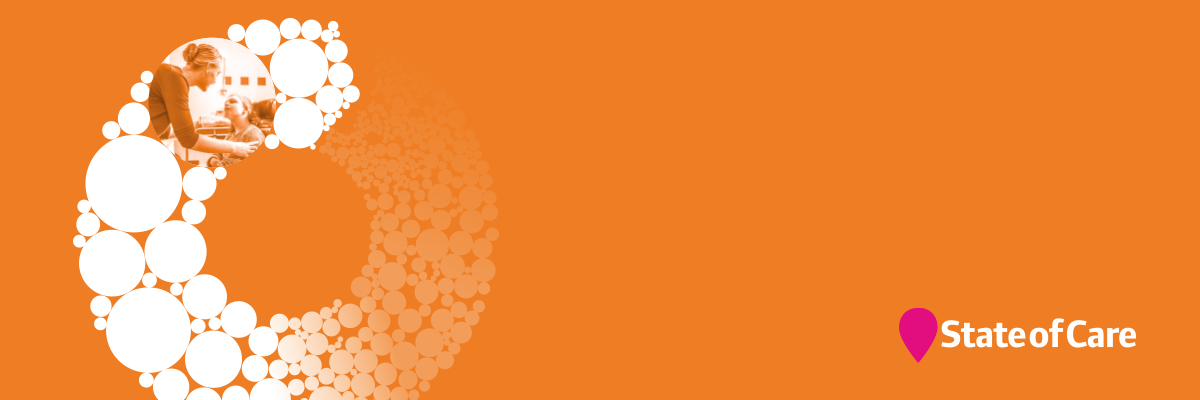The state of health care and adult social care in England 2023/24
Published: 25 October 2024
Page last updated: 25 October 2024
Downloads
Areas of specific concern

Key findings
- Too many women are still not receiving the high-quality maternity care they deserve. Of the 131 locations we inspected in our national maternity inspection programme, almost half were rated as either requires improvement (36%) or inadequate (12%).
- We have concerns that children and young people are not always able to access services in a timely way – both planned and in an emergency. Anecdotal evidence suggests that parents and carers are well placed to recognise when their child is very unwell, but many feel they are not being listened to.
- The number of health visitors, who give individual support for young children and their parents, has declined by 45% over the last 9 years.
- Only around a quarter of people with a learning disability were recorded on the learning disability register, which means that many people are missing out on the proactive care and treatment they are entitled to.
- Despite fewer new referrals for autism diagnoses over 2023/24, the average waiting time to start an assessment reached a peak of nearly a year (328 days) in April 2024, rather than the recommended 3 months.
- People in Black or Black British ethnic groups are over 3 and a half times more likely to be detained under the Mental Health Act than people in white ethnic groups.
- Work on our cross-sector dementia strategy is highlighting the compassionate care and initiatives that are improving people’s lives, but staff do not always understand the specific needs of people with dementia.
- The Deprivation of Liberty Safeguards (DoLS) system has needed reform for over 10 years, and we continue to see people in vulnerable circumstances without legal protection. Unless there is substantial intervention, we are concerned that the long-standing challenges will continue.
Pages in this section